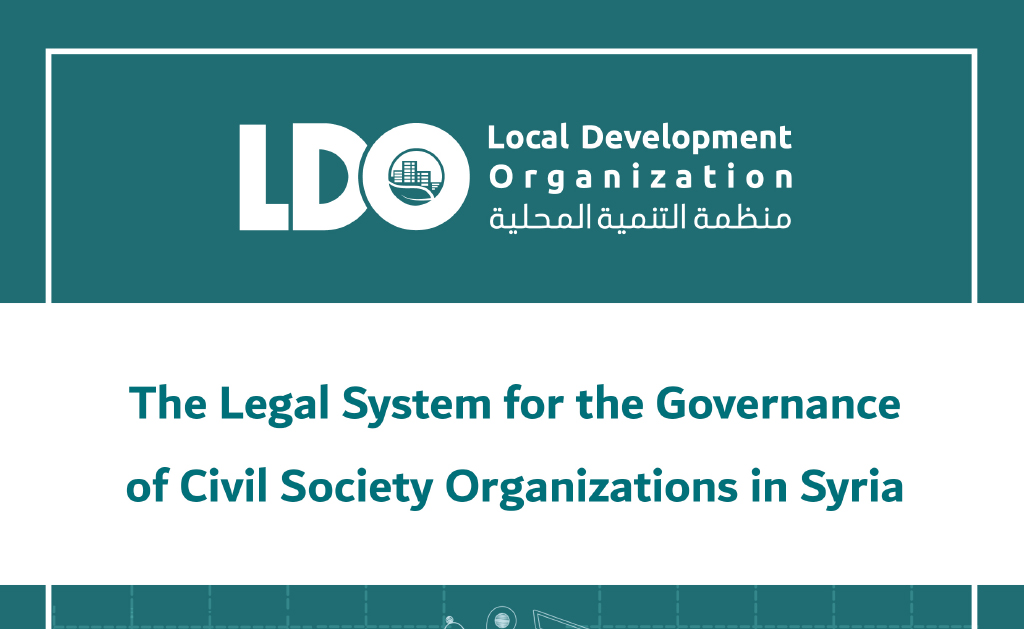Introduction
It is not possible to talk about a real civil society, especially associations and non-governmental organizations, without talking about the necessity of subjecting its structures and institutions to the rules of governance, which in reality are rules that help not only to fight corruption but also strengthen the commitment of members of NGOs and debtor organizations to the policies that Its institutions pursue it on the one hand, but also makes them active observers of its resources on the other hand, and makes them feel that they are real owners on the third hand, that the most important thing in following the rules of good governance is that confidence in the performance of associations and non-governmental organizations increases steadily whenever it increases subject to the rules of good governance, and this leads to an increase in its resources. Associations and organizations depend in most of their resources on the gifts of donors. The higher the confidence index, the higher the value of gifts and grants, and the associations’ activities increase and expand.
Governance is the set of procedures and policies that must be undertaken during the exercise of the responsibilities assigned to the decision-makers. Therefore, good governance does not care about what results from the implementation of these procedures and policies, even if it does not lead to good results, simply following these procedures and policies effectively and accurately makes the institution rationally governed and effective.
Through this report, we will deal with the main aspects of the governance of organizations in Syria before 2011 and in the opposition areas after them, and how they have evolved mainly dependent on the governorates of Daraa, rural Damascus and Aleppo, as they constitute distinct experiences as a result of the specific circumstances of each region and we will rely on previous studies and session reports centralization with former employees of local councils.
To download the study, click here
